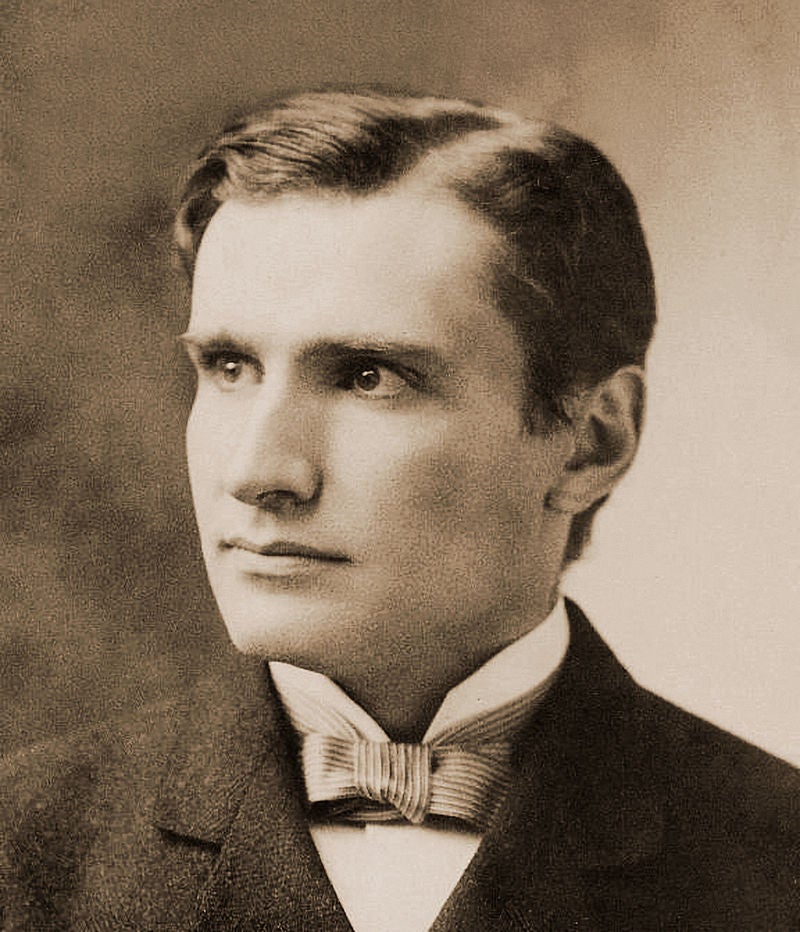In the mid-1890’s, the German-American conductor Walter Damrosch was struggling toward success with his new opera company. Every setback was a potential calamity, and whenever a spectacular singer stepped forth to save the day, he was grateful. In the case of one singer, he was also amazed.
During the second season of the Damrosch Opera Company, a St. Louis performance of Wagner’s Die Meistersinger was in Jeopardy because bass Emil Escher had been summoned to New York by a telegram stating that his wife was dying, requiring Damrosch to plan a last-minute substitution — single acts from various other operas.
The day before the planned performance, Damrosch received a visit from a young singer named Gerhardt Stehmann, who had been stranded in St. Louis the previous year and had continued to live there, acting in occasional German plays and teaching Latin to support himself. Stehmann asked to join Damrosch’s company and volunteered to learn the third act of Die Meistersinger overnight. After the St. Louis success, Damrosch hired hum as a permanent member of the company and found that the singer could learn an entire role in a few hours.
Stay informed on the latest news
Sign up for WPR’s email newsletter.
But Stehman’s greatest feat came during a New York performance of an opera by Xavier Scharwenka. Damrosch had awarded the tenor lead to a rather conceited singer named Ernest Krauss, who backed out the day before the performance. Stehmann said to the composer, “Give me the part and I will learn it for tomorrow night.”
“But this is a tenor part and you’re a bass baritone,” Scharwenka replied.
“Give it to me,” the singer insisted. “I think I can transpose a few of the high notes and can at least save the performance.”
The overjoyed composer gave him the part, and a night later, Stechmann sang and acted it without making a single mistake.
Wisconsin Public Radio, © Copyright 2024, Board of Regents of the University of Wisconsin System and Wisconsin Educational Communications Board.





